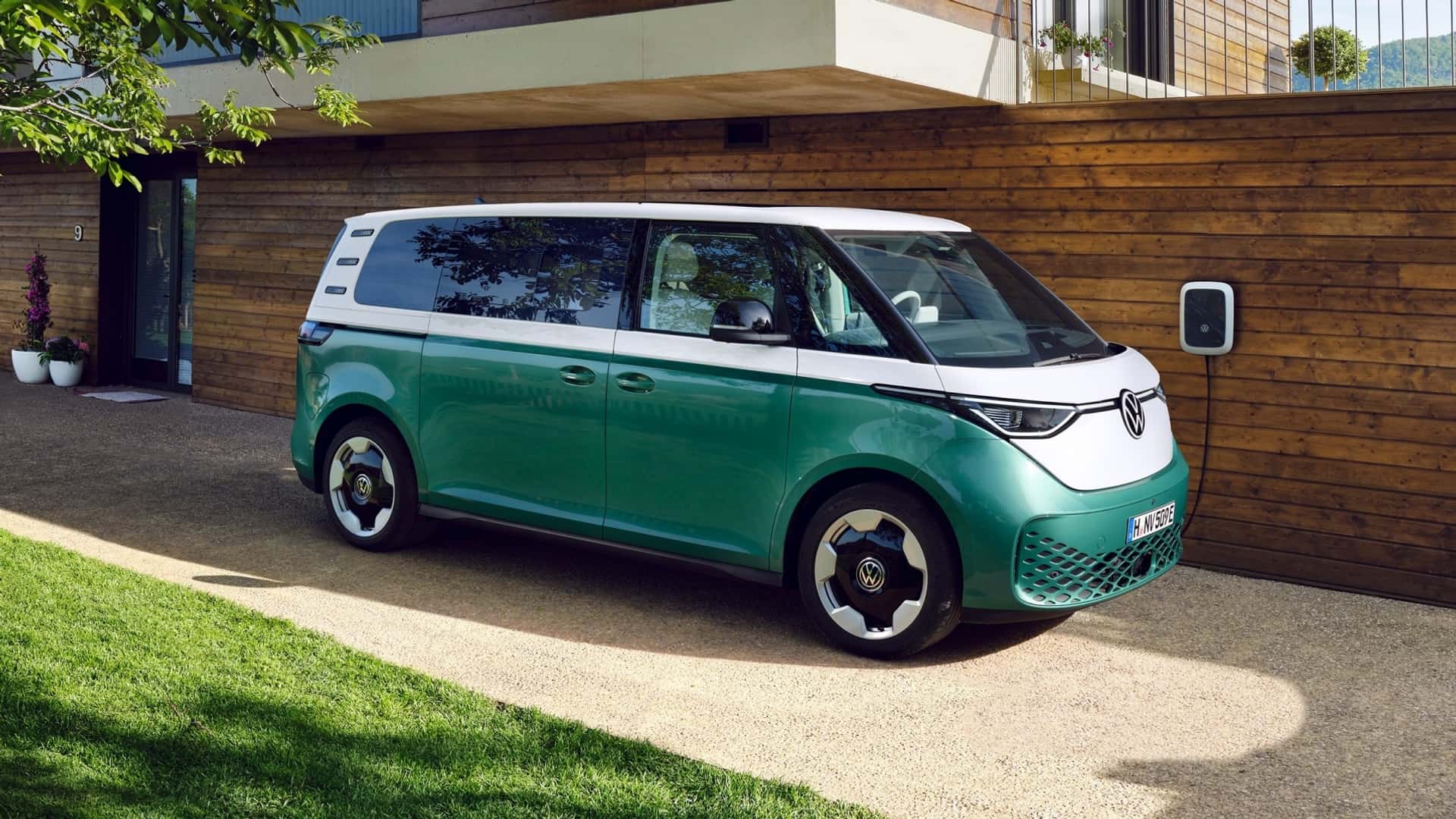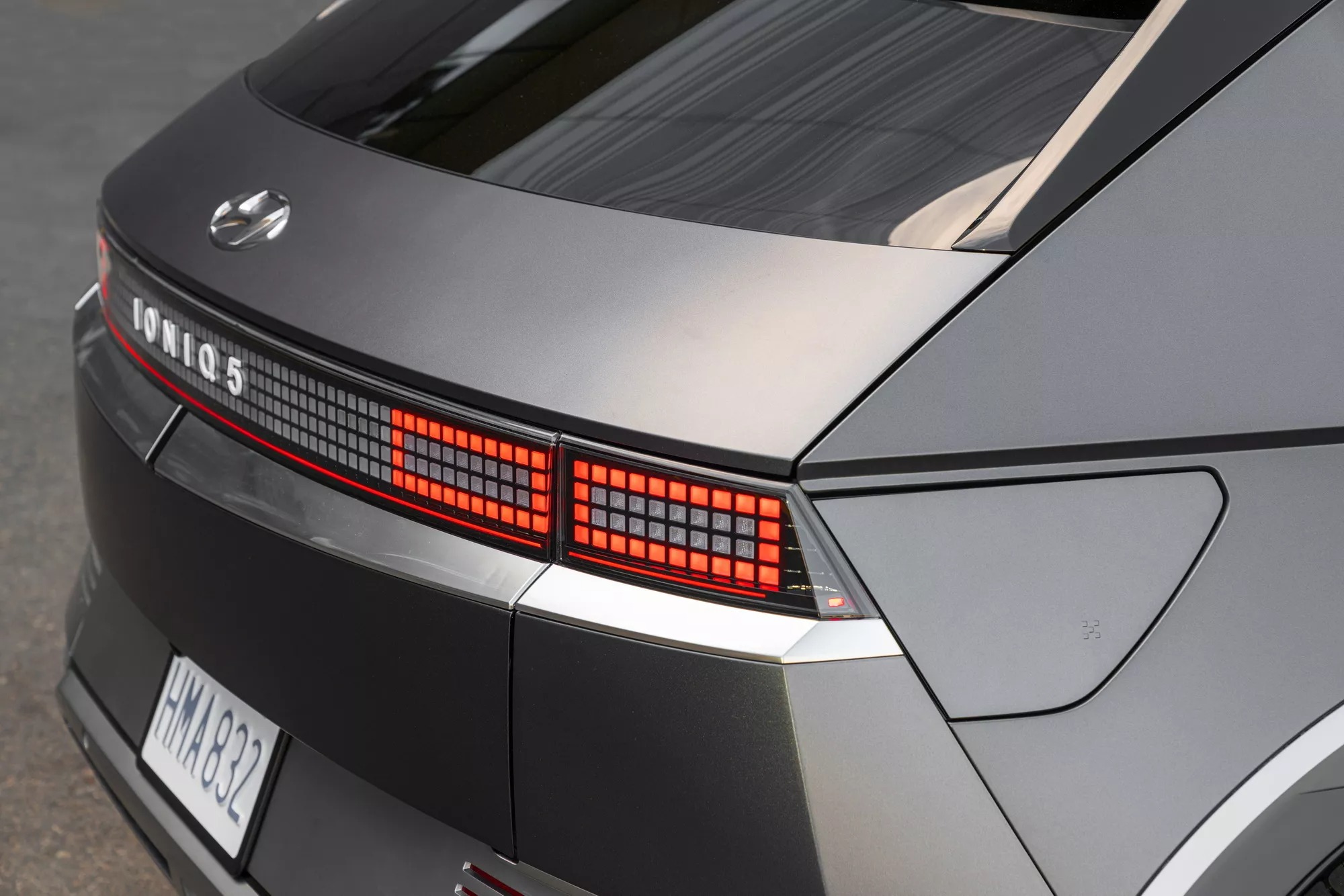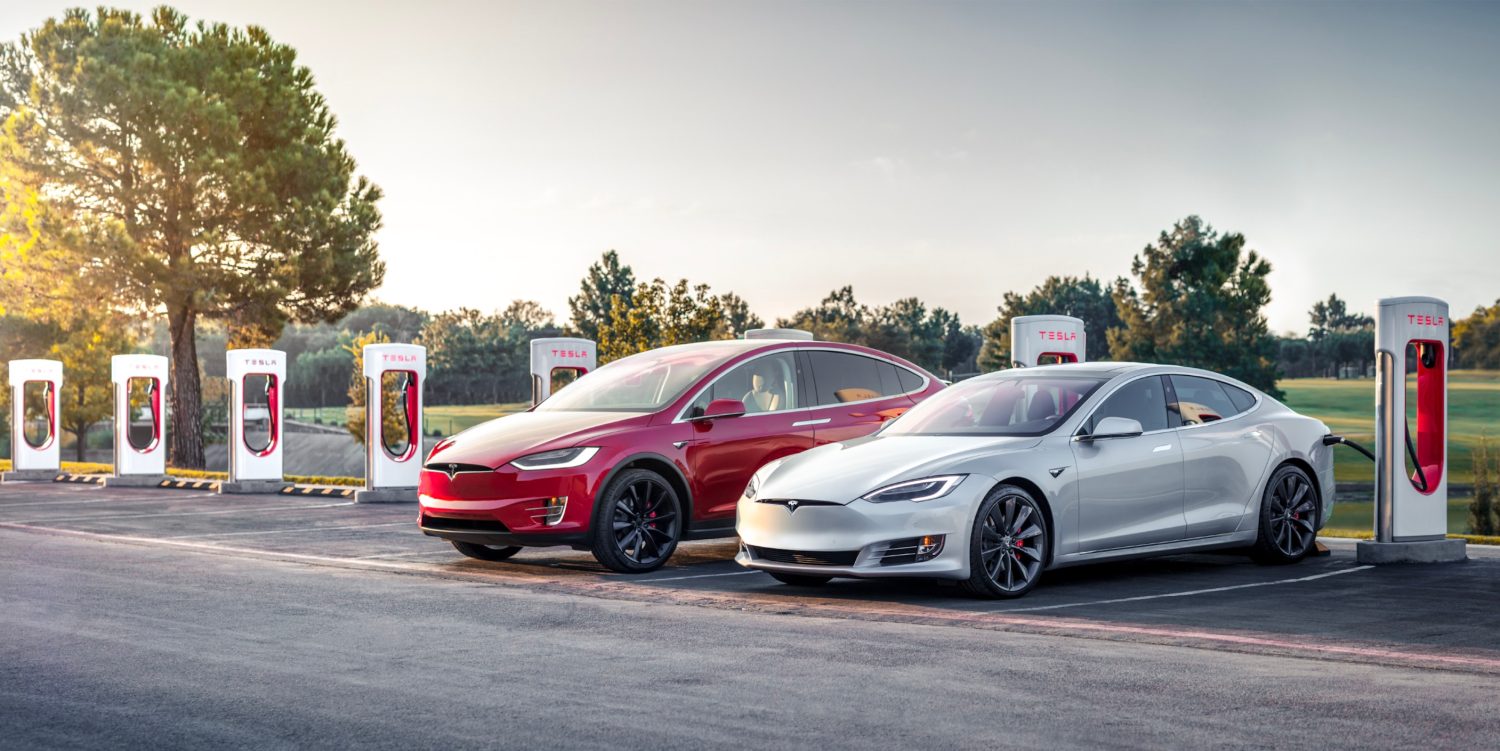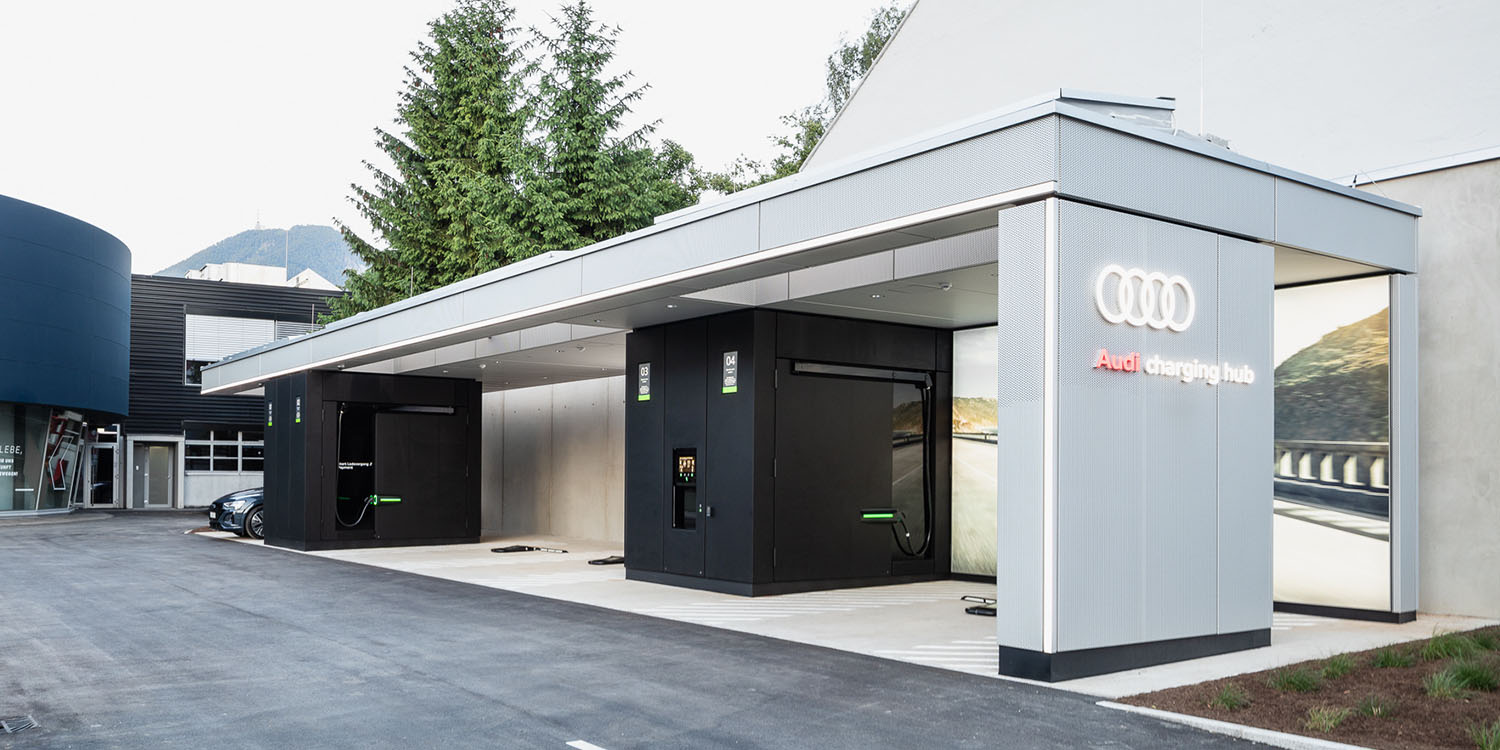Volkswagen has revealed the key details of its upcoming savings program for its core brand, VW, aimed at enhancing profitability and generating funds for investments in the transition to e-mobility. The primary objective is for the brand to achieve a return on investment of 6.5% by 2026.
The savings program, titled “Accelerate Forward | Road to 6.5,” reflects the target return set by Volkswagen. Additionally, the core brand aims to improve its balance sheets by approximately ten billion euros by 2026, primarily through enhanced efficiency and cost-cutting measures. This information had previously surfaced a few weeks ago when Handelsblatt, a German publication, reported on a multi-billion euro savings program and preparations for a substantial restructuring of the core brand.
Volkswagen has now officially declared that all necessary measures will be implemented by October 2023 to attain the aforementioned financial goals. The program will be executed on two levels. The first level, termed “major fields of action within the brand,” encompasses initiatives across administration, technical development, material costs, products, pricing, vehicle construction, sales, and quality. The company clarifies that each field of action pursues specific goals and measures that contribute to achieving the program’s cost and earnings objectives.
The second level focuses on cross-brand and cross-divisional projects. Volkswagen refers to these as “flagship projects spanning multiple action areas,” intended to enhance efficiency and profitability. The areas of focus mentioned include complexity and variant reduction, optimizing the sales model, streamlining processes, and product and yield optimization. The Group mentions that these initiatives will be implemented within the Modular Transverse Toolkit (MQB) and the Modular Electric Drive Toolkit (MEB), without providing further details.
In another development, Volkswagen is outlining more specific plans, stating that it will concentrate on volume models while discontinuing successor models for low-volume ones like the Arteon. The automaker is also committed to reducing the number of variants, exemplified by a significant reduction in configuration options for the ID.7 compared to the Golf 7. Moreover, the company aims to optimize the utilization of its global plants to enhance profitability and effectively respond to market fluctuations and demand.
Another significant lever in this savings program is the Brand Group Volume (MGV), where VW Passenger Cars, VW Commercial Vehicles, Seat/Cupra, and Skoda collaborate. According to Volkswagen, production within the MGV will be consistently aligned with multi-brand plants and vehicle platforms in the future, such as the planned entry-level electric car priced around 25,000 euros. The integration of after-sales businesses among the brands will also be emphasized, with Seat/Cupra assuming responsibility for this aspect.
The savings program will be overseen by a “lean Project Management Office (PMO),” led by Stephan Wöllenstein. By mid-September, Volkswagen aims to define specific measures in consultation with employee representatives. The program is expected to be finalized, along with all its details and measures, by October 2023, culminating in an agreement with employee representatives during the Group’s next planning round.
It is evident that Volkswagen requires substantial funds for its electric mobility transformation, particularly for the core brand, which boasts high sales figures and necessitates the development of numerous e-models and plant conversions within a few years. Simultaneously, the establishment of in-house battery production and the Cariad software division will incur additional costs in the billions. While other Volkswagen group brands like Audi and Porsche are thriving in higher market segments despite the transition, the core brand has maintained a margin range of 3.2% to 4.3% since 2018 (excluding 0.6% in the challenging year of 2020). VW brand boss Thomas Schäfer aims for a margin of over four percent for the current year.
Schäfer officially acknowledges that the decision to launch the new program stems from an analysis of the demanding market environment and economic conditions. He emphasizes that the program is the top priority for the entire Board of Management and highlights the need to fortify the Volkswagen brand and position it for robust future growth. Schäfer acknowledges the program’s ambitious nature but believes it is attainable by pooling efforts to achieve a sustainable return on sales of 6.5% in the Volkswagen brand by 2026.







